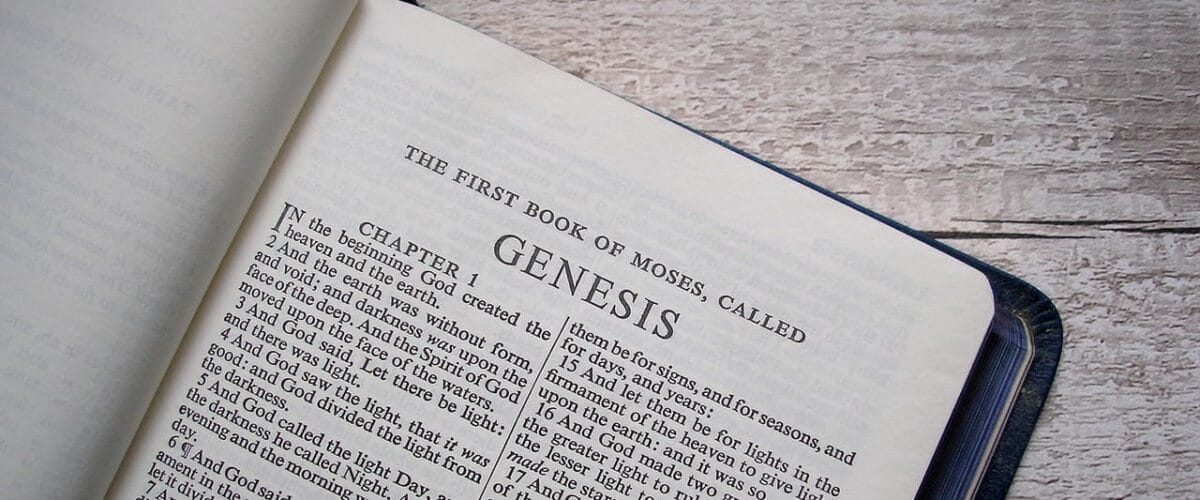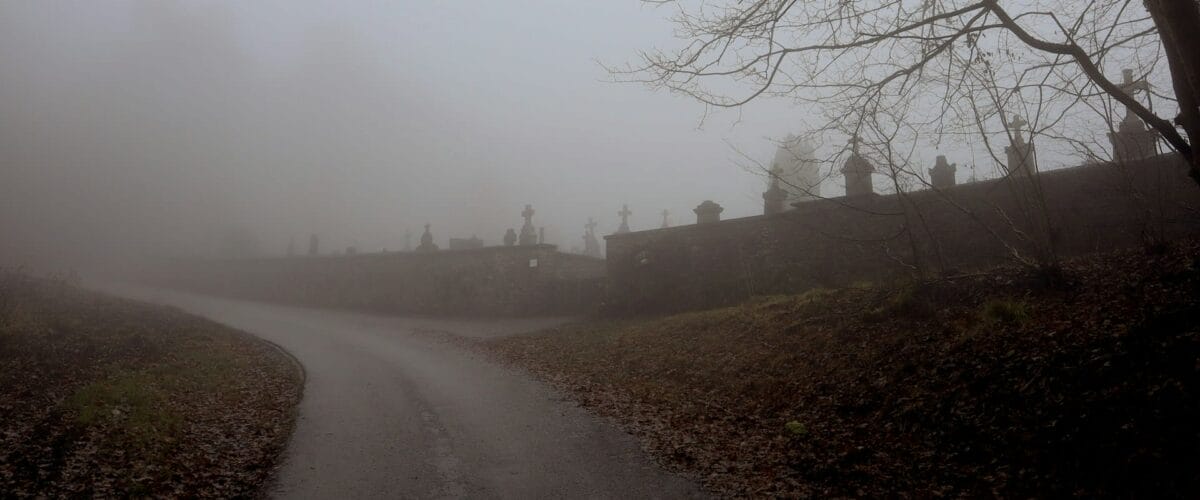There is a cautionary tale that unfolds in the early pages of Genesis and it is a reminder of the long-reaching power of our attitude to affect our life—and even our family tree.
In Genesis 4 we meet two brothers—Cain and Abel—who have different interests and attitudes: Cain cultivated the ground, while Abel was a shepherd. But here is where the problem began:
One day, the two brothers brought an offering to God: Cain brought some of his produce, while Abel brought the best portions of the first-born lambs from his flock.
Notice the difference: one brought some stuff, while the other brought the best of the best that he had.
Cain met the obligation, but Abel had a heart to honor God.
God noticed the attitude behind each gift and was pleased with Abel’s gift—but not so much with Cain’s…which turned Cain toward bitterness.
God comes to Cain to walk him through this:
“Why are you so angry?” the LORD asked Cain. “Why do you look so dejected? You will be accepted if you do what is right. But if you refuse to do what is right, then watch out! Sin is crouching at the door, eager to control you. But you must subdue it and be its master.” —Genesis 4:6–7
Cain’s gift wasn’t the problem; it was the attitude behind the gift. His attitude—from the beginning—was off and now it jumps off the page at us. Cain did the minimum and now is caught in a web of jealousy and bitterness toward God and his brother.
But God—being a good father—gives him this warning: “If you refuse to do the right thing, sin is lying in wait and will end up controlling you—but don’t give in to it; instead you take control of it.”
But Cain disregards God’s advice. In the shadows of his heart, he comes up with a plan, then executes: he gets his brother alone and murders him.
God calls Cain out for this evil and announces the consequences of this: he will no longer be able to raise crops and will be a wanderer away from his people. Cain leaves his people in sadness but his attitude becomes a legacy of those who are born in his line.
Genesis 4 chronicles the progression of the family line with the names of each generation. His son starts out seemingly hopeful, but with each succeeding generation it breaks bad:
His son Enoch means “Consecrated, or teacher.”
Enoch’s son is named Irad, which means “Fugitive.”
Irad’s son is named Mehujael, which means “Blotted out by God.”
Mehujael’s son is named Methushael, which means “Man who questions God.”
Methushael’s son is named Lamech, which means “Strong man/Destroyer.”
And Lamech’s final son’s name comes full circle, named Tubal-cain, which means “Like his father Cain.”
The point of this lineage is to demonstrate how Cain’s family breaks bad—The attitude of one generation can easily infect generation after generation.
The good news is that this trajectory is not inevitable—Genesis also gives the lineage of Cain’s other brother Seth, who has a completely different story. In that line, we see a beautiful description of those who walked with God. Generation after generation.
Which brings us to reflect, “What is my attitude like—today?” Is it an attitude of gratitude for all God has done? Or is it something else—something that allows sin to control?
Daily we are faced with two attitudes: We can thank God for the circumstances that come our way, or we can withdraw; bitter; angry that life is so unfair. This is the spirit of Cain.
Probably the best advice I’ve read on this essential life-tool of attitude is from writer/pastor Chuck Swindoll. He wrote:
“The longer I live, the more I realize the impact of attitude on life. Attitude, to me, is more important than facts. It is more important than the past, than education, than money, than circumstances, than failures, than successes, than what other people think or say or do. It is more important than appearance, giftedness or skill. It will make or break a company…a church….a home. The remarkable thing is we have a choice every day regarding the attitude we will embrace for that day. We cannot change our past…we cannot change the fact that people will act in a certain way. We cannot change the inevitable. The only thing we can do is play on the one string we have, and that is our attitude…I am convinced that life is 10% what happens to me and 90% how I react to it. And so, it is with you…we are in charge of our attitudes.” ― Charles Swindoll
We are in charge of our attitudes.
James, Jesus’ little brother, gives us a powerful reminder of the right perspective in difficult situations. He wrote:
“Dear brothers and sisters, when troubles of any kind come your way, consider it an opportunity for great joy. For you know that when your faith is tested, your endurance has a chance to grow. So let it grow, for when your endurance is fully developed, you will be perfect and complete, needing nothing.” —James 1:2–4
The difference is so powerful: joy comes from trust—but despair comes from doubt.
Know that in every situation, God is doing something for your good. Today—even in the fog of difficulty—consider it an opportunity for great joy. God is at work. So, trust Him. Walk with Him.
And here is why this is so important: your attitude of trust today, not only impacts your life but has the potential to alter future generations.
Written by Bill Herried
This is an updated edition of a post originally published on Christian Grandfather Magazine
Featured Image by Scottish Guy from Pixabay




















Comments are closed.